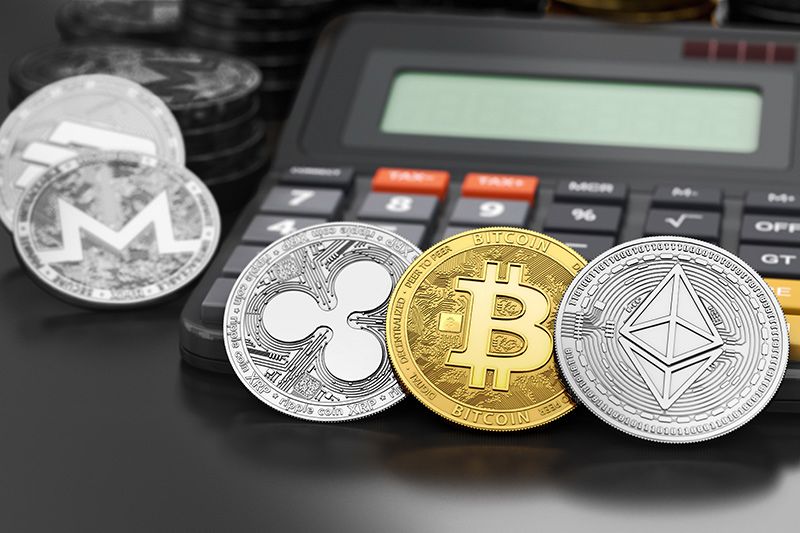
Vitalik Buterin names weaknesses of the Etherium blockchain
13.07.2024
Views:
75Buterin began by describing the network's advantages. First of all, he mentioned its ability to support complex smart contracts, which are used to create an ecosystem of decentralized applications (dApps). These applications range from decentralized finance (DeFi) to non-fungible tokens (NFT), which proves the versatility of Etherium.
Speaking of the network's shortcomings, Buterin noted that Etherium has difficulty processing a large volume of transactions, and this leads to higher fees and delays. The issue of security also remains open, as the network can be vulnerable to different types of attacks, including smart contracts. In addition, for new users, Etherium may not be easy. Buterin explained that it can be difficult for newcomers to manage wallets and interact with decentralized applications.
There are also issues with becoming a validator for the network. The validation process requires a significant amount of ether (32 ETH), and technical knowledge is needed to run a node. These problems can slow down the development of the network and user engagement. Therefore, Buterin proposed increasing the quorum threshold from 75% to 80%, then the vast majority of validators would need to agree to validate transactions. This change would make it harder for attackers to control the network. In addition, Buterin advocated creating an automated response to a possible 51% attack.
